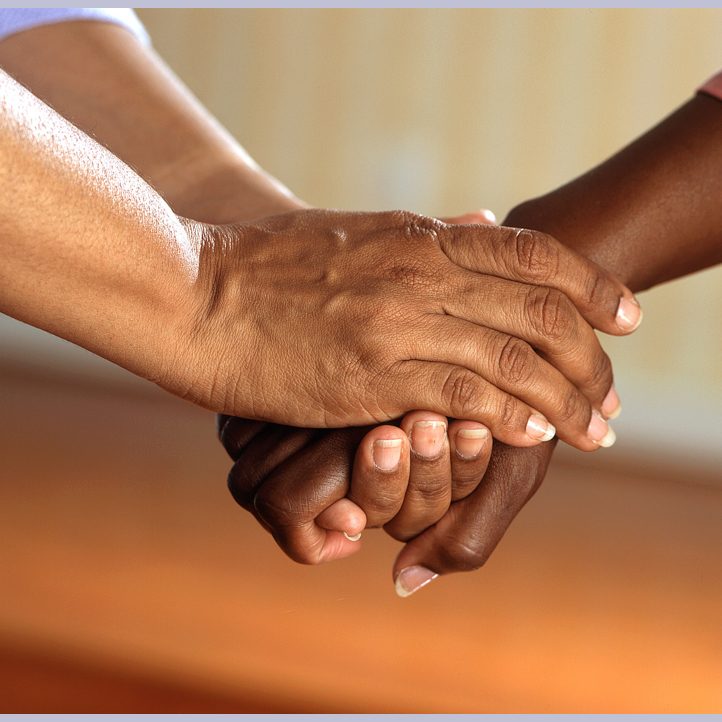Help for Friends & Family
Recongizing Signs of Abuse and Offering Support to Loved Ones
Are you concerned that someone you care about is experiencing abuse? Maybe you’ve noticed some of the following warning signs from a friend or family member:
- Constantly worries about making their partner angry
- Makes excuses for their partner’s behavior
- Has unexplained marks or injuries
- Has stopped spending time with friends and family
- Seems depressed or anxious, or demonstrates changes in personality
- Is put down by their partner in front of other people
- Experiences their partner being extremely jealous or possessive
Options for Providing Support
Supporting Someone Who Has Ended an Abusive Relationship
If someone ends their abusive relationship, they will need continued support.
Domestic violence does not often end when a victim flees or ends the relationship. An abusive person's feeling of loss of control can often increase their abuse and violence. A victim is often at an increased risk of harm or injury when attempting to leave. Having the support of advocates can assist them in safely navigating the situation and putting safety measures, support and protection in place.
And even though the relationship was abusive, a victim may experience sadness or a feeling of loss. They need time and support to process what they have been through and even grieve the end of the relationship.
